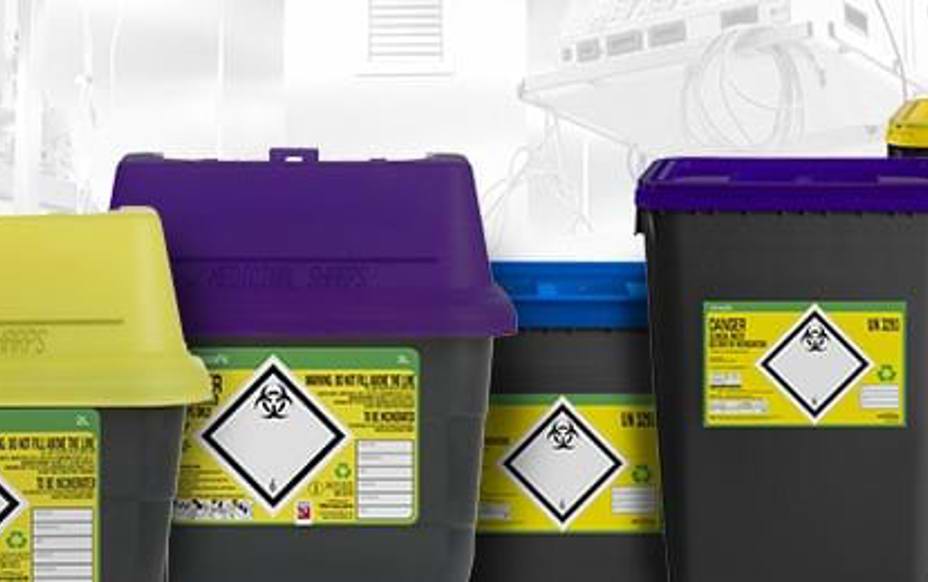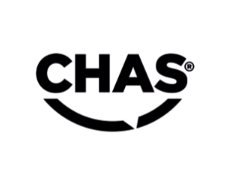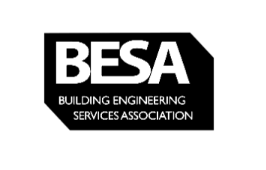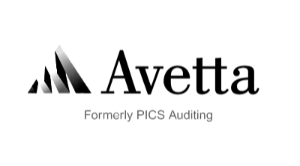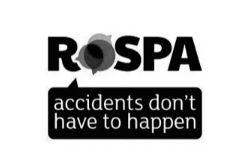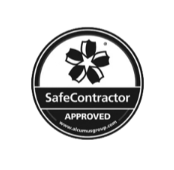As we navigate through our professional lives, waste handling is something that often goes unnoticed, despite being an integral part of our day-to-day activities. From the seemingly insignificant waste bins that dot our office spaces to the mammoth-sized dumpsters we see in industrial sites, waste management is omnipresent. Over the years, the types of waste have diversified enormously, ranging from organic leftovers, packaging materials, to hazardous chemical waste, and obsolete electronic devices.
One might wonder, why is proper waste handling so essential? It’s quite simple, yet profound - proper waste management protects our health, ensures a clean and safe environment, and is vital for regulatory compliance. Modern advancements have led to the creation of more sophisticated methods and tools for waste management. But, to leverage these advancements fully, we must place personal protection at the heart of waste handling.
How to Handle Waste Correctly
Correct waste handling is not a one-size-fits-all approach; it begins with a keen understanding of the types of waste your specific environment generates. A construction site, for instance, creates a drastically different type of waste than a hospital or tech firm.
Once you've identified the kinds of waste, it's essential to segregate them into the appropriate categories - recyclables, organic, electronic, hazardous, and so on. Ensure that the waste is disposed of in marked bins and cleanliness is maintained around these areas. Most importantly, dispose of waste responsibly in adherence to the legal regulations, and when in doubt, don’t hesitate to consult with a waste management expert. phs provides a full waste management service for the effective management and disposal of infectious and non-infectious clinical waste, which is a strictly regulated process.
What Are the Risks Associated with Incorrect Waste Management?
The repercussions of incorrect waste management can be quite severe, with some not even immediately perceptible. For starters, a cluttered, unkempt environment can pose safety hazards, leading to injuries caused by slips, trips, or falls. More serious are the risks associated with specific waste types.
For instance, mishandling chemical or bio-medical waste can lead to severe health threats such as infections, toxic exposure, and long-term illnesses. Poor waste management can also be a catalyst for environmental degradation. Beyond the health and environmental impacts, improper waste management can also lead to substantial fines and legal consequences due to non-compliance with waste disposal regulations.
Safety Protocols to be Aware of
Safety protocols serve as the backbone of efficient and safe waste handling. These protocols include standard practices like donning appropriate personal protective equipment (PPE), washing hands thoroughly after handling waste, and refraining from eating or drinking in areas where waste is stored.
Workers should also be trained in safe lifting techniques to prevent injuries and should be well-versed in emergency procedures in case of accidental exposure to hazardous waste. A crucial safety protocol is ensuring waste containers are never overfilled. This helps to prevent spillage and facilitates safer, easier disposal.
Essentials of Personal Protection
When we talk about waste handling, personal protection becomes paramount. Personal protection starts with appropriate PPE. Depending on the nature of the waste, this can range from gloves and safety glasses to respiratory masks and protective coveralls.
Additionally, where necessary, employees should receive relevant vaccinations, especially when working in high-risk environments such as healthcare facilities. Education is another key aspect of personal protection. Employees should be trained in identifying different types of waste, understanding the risks associated with each, and knowing the correct procedures for handling them.
Top 5 Products and Equipment to Help Make Handling Waste Easy
- High-Quality Gloves: These provide vital protection against cuts, punctures, and exposure to harmful substances. Durability and the right material are essential when choosing gloves.
- Safety Glasses or Goggles: Protective eyewear can shield your eyes from splashes, dust, and debris.
- Dust and Fume Extractors: In industrial environments, these machines can significantly reduce airborne pollutants.
- Dedicated Waste Bins and Bags: Having clearly labeled containers for different types of waste encourages effective segregation and minimizes risks.
- Spill Kits: These are indispensable for managing liquid spills efficiently and safely, particularly when dealing with hazardous liquids.
Waste handling, despite often being overlooked, plays a pivotal role in maintaining a safe, healthy, and compliant work environment. With a proper understanding of the waste types, adherence to safety protocols, personal protection, and the correct tools and equipment, managing waste can be significantly safer and more manageable for everyone involved. Always remember - protection first!
To learn more, contact us now and see how we can handle your waste disposal requirements to ensure you’re not only complying to the legal regulations but are providing a safe environment for your staff and visitors.





























